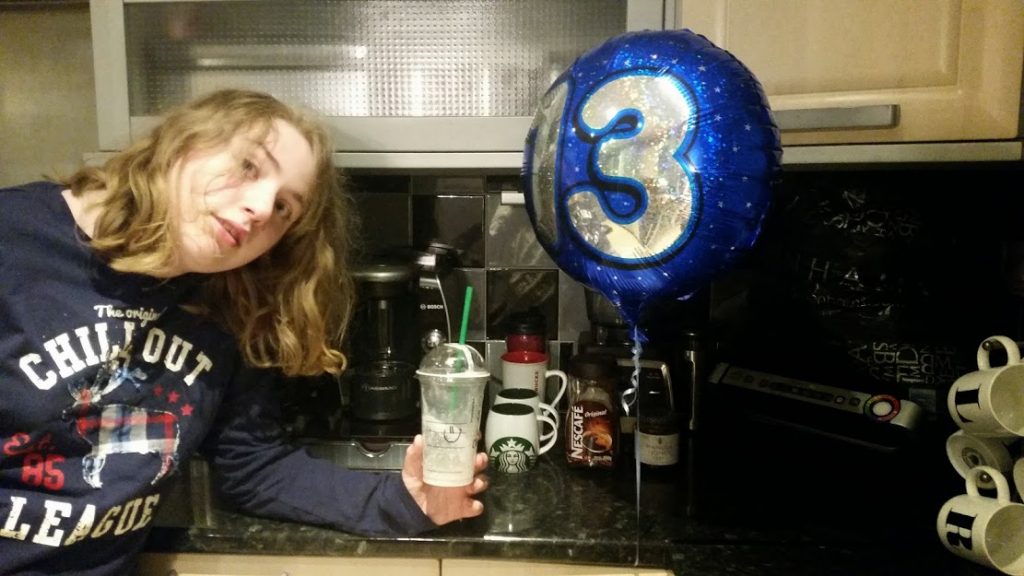
Parenting a teenager is fundamentally different from the experience you had before. Your child grows older and steps on the path of hormonal development. The changes will affect behavioral factors, decision-making, and general emotional state. Teenagers are in a borderline state when it is already difficult to name the children.
At the same time, they do not yet have experience in problem-solving and a sober assessment of the situation. As a parent, you must avoid major parenting mistakes for your child to grow up and be a happy person. Here’s what you shouldn’t do.
Giving Solutions to Problems Before You’ve Heard Kids Out
Sometimes it seems to us that we know absolutely everything in the world. This is why many people start advising a child before they even hear the whole story. You are no longer a student, and you don’t need to write an argumentative essay. If your child turns to you for advice, then you should be patient. Listen to him or her and only then begin to comment on the situation. You may already have experience dealing with situations that have arisen, but what if your child needs to be heard?
Forgetting About the Super Need for Privacy

Privacy is every person’s right. You shouldn’t rush into your child’s room for trifles. As a rule, teenagers find it difficult to get through the growing-up phase. They are like a snail that sometimes needs to close in its shell to avoid all the dangers on the street. Give your child some privacy. Knock before you want to enter. Also, you should not bother your son or daughter while writing papers. Try to create an atmosphere of peace. Or you can help your child and order the cheapest research papers from Superbgrade. Your son or daughter will surely appreciate such an act.
Parenting a teenager – Giving Unrequested Judgments
Have you ever noticed that you like to comment on any of your child’s actions and give unrequested judgments? Teenagers are very sensitive to criticism. Moreover, not every person wants to hear advice, complaints, or an assessment of actions without a request. You may hurt your child or say something inappropriate in a particular situation. Unrequested judgments are especially unacceptable if you are in a public place and other people can hear you talking to your child. You should not contribute to the creation of psychological phobia.
Parenting a teenager – Ignoring Your Kids Opinions
All teenagers want to be heard. Moreover, they express their emotions very vividly. Let’s say you disagree with your child’s statement. There is nothing wrong. Let your son or daughter complete the monologue and then provide counter-arguments. Point out those aspects that prove you are right. Don’t ignore your child’s opinion. At the same time, you shouldn’t be supporting all spontaneous ideas and actions. Try to create an atmosphere that ensures your child is heard.
Parenting a teenager – Talking More Than Listening
This is a logical continuation of the previous point. When you stop your child from saying a single word, you destroy his or her personality. Don’t try to be ahead of the curve. Try to create a sense of dialogue and never raise your voice unnecessarily. Show that your child’s opinion matters to you. Sometimes teenagers want to talk about their own experiences and make sure they can be pitied or encouraged. Show your support.
Forgetting to Show Your Kid Respect
Everyone needs respect. The hormonal background and emotional state of adolescents make them very vulnerable. Don’t be disrespectful, don’t ignore your child, or show that his or her opinion is not important. You are the leaderboard. But as a wise parent, you must show your child that you are open to dialogue and respect the thoughts and actions of any person.
Teenagers are ready to follow those who value them and give them freedom of expression. Your emotions, facial expressions, and tone of voice indicate your attitude towards the child. Be calm and reasonable. Even if your son or daughter is guilty of something, you should not insult or put too much pressure on them. Be a wise parent. Learn to listen to your child. Give advice that won’t be offensive to teenagers.
Even Kids Who Don’t Ask for It or Speak of It, Need to Know They Are Loved
How often do you tell your children that you love them? Some people think that these feelings are obvious, so there is no point in confessing love every day. But children are a mix of emotions. Your teenager experiences frequent mood swings. Sometimes it seems to children that the whole world is against them and only parents are the only source of love and support. It’s no big deal to tell your son or daughter something like, “I love you! You are the best thing in my life. “You may think this is a common phrase, but your child needs these words very much. Talk about your feelings and emotions more often. Your kids need it.











Leave a Reply